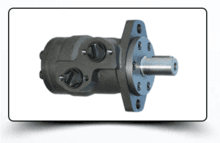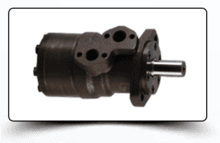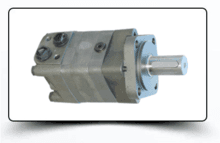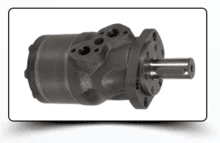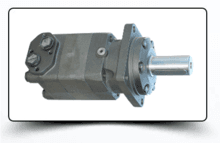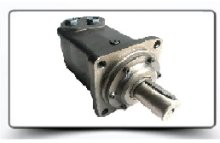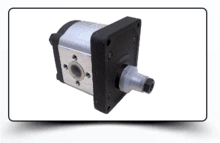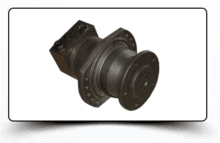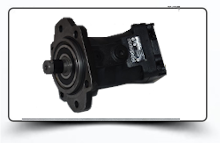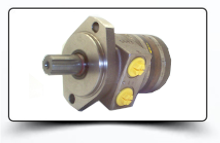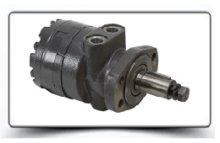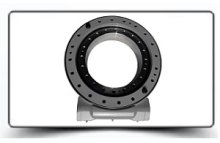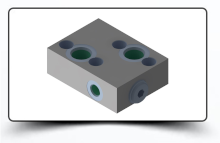
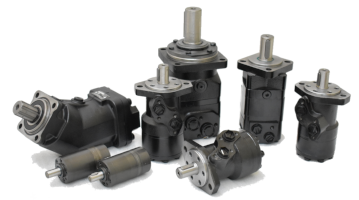
Hydraulic Motors
Strong line up of variants in stock, as well as original engines from prominent manufacturers.



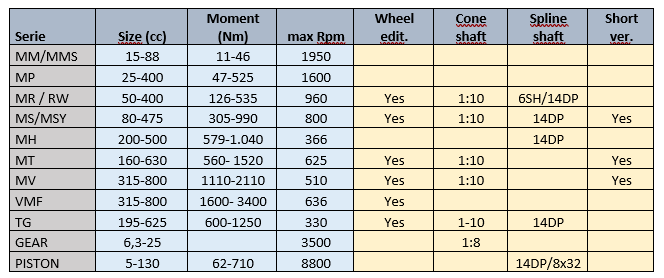
Hydraulic motors
At TAON Hydraulics you will find a wide selection and many different types of engines for every purpose.
The range consists of:
.jpg)

.jpg)

All of our engines are from standard production, which means they can be replaced by those from other manufacturers - such as Danfoss, White, Parker and more.
A hydraulic motor is constructed in several different ways and can be divided into various design principles. This means that we must constantly keep abreast of the latest technology in engines. With years of expertise in engines, we are more than ready to help you find exactly what you are looking for.
If you are missing an engine but are unsure of which system to choose - please contact us. We are always at your disposal to offer guidance on what is the most practical and economical solution for you.
Contact
At TAON, we are always ready to help you find the right solution for your exact needs.
Please contact us for a non-binding offer or for further information.
Phone: +45 24 48 84 80
Mail: info@taon.dk
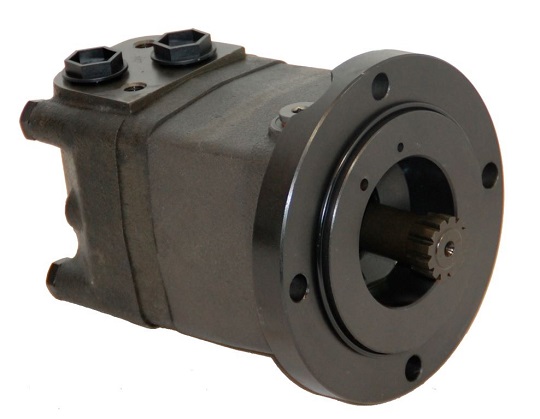

Hydraulic motor FAQ
What is a hydraulic motor?
A hydraulic motor is a mechanical device that converts hydraulic energy (fluid pressure and flow) into rotational mechanical power. It operates by using pressurized hydraulic fluid to generate torque and motion, making it ideal for applications requiring high power and durability. Hydraulic motors are widely used in industrial machinery, construction equipment, agricultural machinery, and marine applications.
How does a hydraulic motor work?
A hydraulic motor works by transforming the energy stored in pressurized hydraulic fluid into mechanical rotational power. When hydraulic oil, compressed by a pump, is directed into the motor, it pushes against internal components such as gears, vanes, or pistons, depending on the motor type. The pressure of the oil creates a force that sets these parts in motion, and this motion is transferred to the motor’s shaft, which begins to rotate.
The performance of the motor depends on two main factors: the pressure of the oil and the flow rate. Higher pressure allows the motor to produce greater torque, while the amount of fluid flowing through determines the rotational speed. After the oil has delivered its energy, it exits the motor through the outlet port and returns to the reservoir, where it can be used again in a closed system.
Hydraulic motors are widely used in applications that demand strong and reliable power, such as construction machinery, cranes, winches, conveyors, and drilling equipment. They have the advantage of producing high torque even at low speeds and are more compact than electric motors of similar capacity. This makes them particularly well suited for tough environments where durability and consistent performance are essential.
How powerful is a hydraulic motor?
The power of a hydraulic motor varies depending on its design and application. Hydraulic motors can range from small units generating just a few horsepower (HP) to large industrial motors exceeding several hundred HP. Their power is determined by factors such as fluid pressure, flow rate, and motor displacement. Some heavy-duty hydraulic motors can produce extremely high torque, making them ideal for demanding applications like drilling, mining, and large construction machinery.







